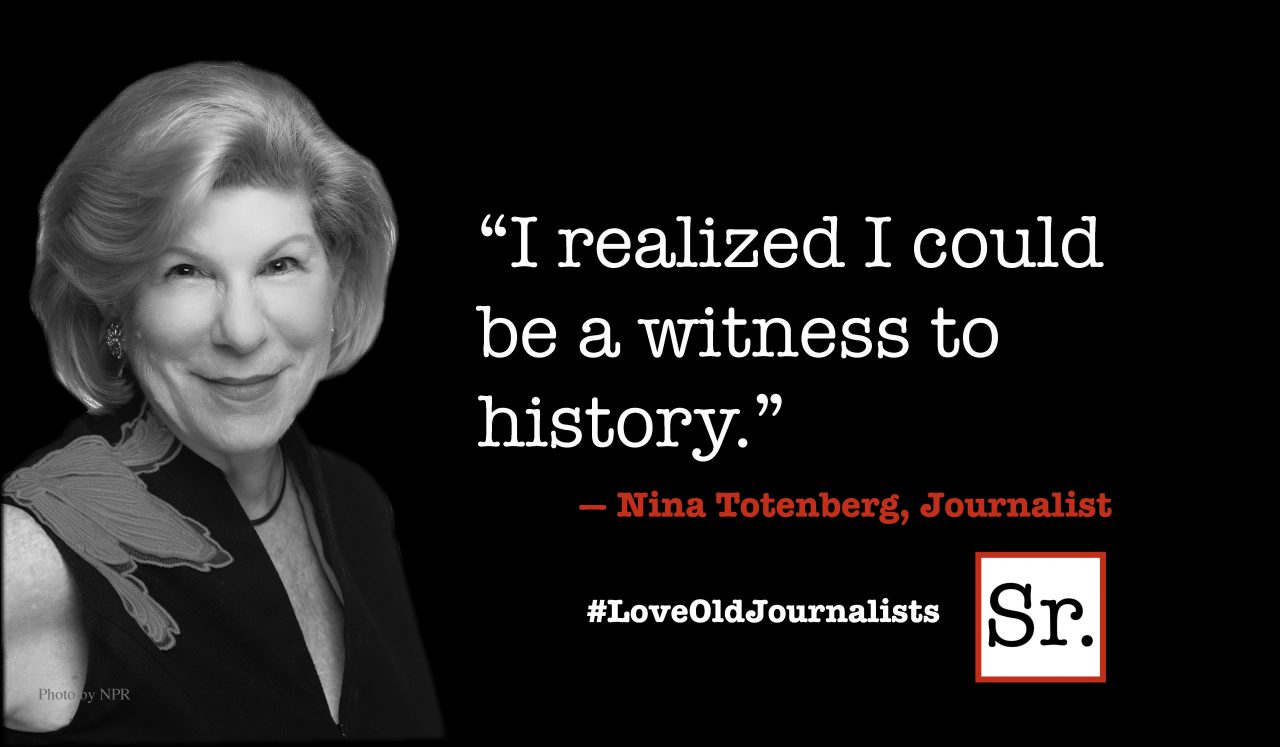All managers get things done through people, the question is how.
7 ways coaching-managers get things done:
1. Connect. Traditional managers believe business is relationships, except when it comes to their own team. Coaching-managers make work personal. Traditional managers use distance to instill fear.
2. Choose many short interactions that make others feel powerful. Traditional managers call big, long meetings that make themselves feel powerful.
3. Nurture curiosity. The difference between top down management and coaching management is an open mind.
4. Define specific wins. Traditional managers push for “more” and “better.” Coaching-managers ask, what, specifically, can we do today? If you can’t see it being done, it doesn’t matter.
5. Ignite energy. Traditional managers sap the life out of people. Coaching-managers help others find their spark. Success requires focused energy. The main source of energy is finding things you can do, rather than talking about things you can’t.
6. Focus on people. Traditional managers focus on projects. Coaching-managers let the people doing the work, focus on getting things done. Success is always about people.
7. Maximize strength and capacity. Traditional managers arrogantly believe they can fix people.
Coaching-managers add “s” to words. What option(s) or solution(s) might we try? Traditional managers know the “right” thing to do.
10 contrasts between coaching-managers and traditional managers:
1. Give authority vs. take authority
2. Partner vs. feel superior
3. Value people vs. value position
4. Enjoy the process vs. stress over control
5. Give abundant feedback vs. give instructions
6. Lift vs. pushes down
7. Release vs control
8. Invite and welcome feedback vs. doesn’t care what others think
9. Try stuff vs. fear failure and need perfection
10. Build on success vs. constantly solve problems
What behavior is most important for coaching-managers?
What would change if organizations chose a coaching-management style?









